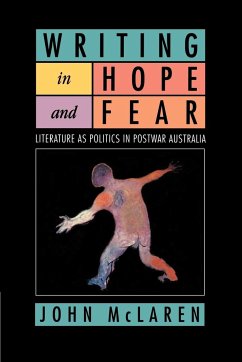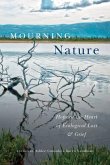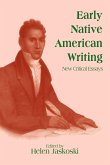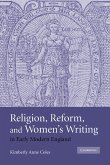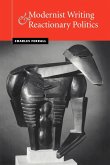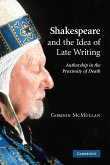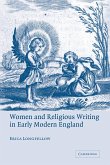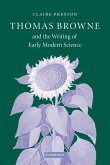For most of the postwar period, Australian literary debate was marked by the division between radical nationalists on the Left and cultural conservatives on the Right. John McLaren's broad cultural history traces the origins of these conflicts, discusses key literary works and major journals, and focuses on the individuals involved in various sagas and struggles. McLaren shows that writing became a form of politics itself, expressing either hope or fear about the revolution that was perceived to be imminent, as well as reflecting society more broadly. The work of politically committed writers is closely examined, as is the response to ostensibly unpolitical writers. McLaren also considers the new journalism and the work of younger poets. He shows that it was not until the changes brought by the 1960s and the Whitlam government that literature was truly freed from these constraints.
Table of contents:
Prologue: the trials of Robert Close and Frank Hardy; 1. Modernism and nationalism: JINDYWOROBAKS, Angry Penguins, Meanjin and other weird creatures; 2. Literary conflicts and failed vision: Overland and the realist writers' groups; 3. The community of Overland: Lambert, Morrison, Waten, Hewett and Martin; 4. Conspiring for freedom: the Australian Association for Cultural Freedom; 5. The mission of Quadrant: James McAuley and voices from the Right; 6. Cold war on writing; 7. Proprietors at war: new journalism in the Lucky Country; 8. New Little Magazines; 9. Opposing the pages: the subsidised journals 1964-1972; 10. From rhetoric to eloquence: the generation of 1968.
Literary debate in postwar Australia was marked by the division between radical nationalists and cultural conservatives. The author traces this conflict through a range of journals, their editors, and individual writers, offering a compelling critical and historical account of Australian literary culture.
A compelling critical and historical account of politics in postwar Australian literary culture.
Hinweis: Dieser Artikel kann nur an eine deutsche Lieferadresse ausgeliefert werden.
Table of contents:
Prologue: the trials of Robert Close and Frank Hardy; 1. Modernism and nationalism: JINDYWOROBAKS, Angry Penguins, Meanjin and other weird creatures; 2. Literary conflicts and failed vision: Overland and the realist writers' groups; 3. The community of Overland: Lambert, Morrison, Waten, Hewett and Martin; 4. Conspiring for freedom: the Australian Association for Cultural Freedom; 5. The mission of Quadrant: James McAuley and voices from the Right; 6. Cold war on writing; 7. Proprietors at war: new journalism in the Lucky Country; 8. New Little Magazines; 9. Opposing the pages: the subsidised journals 1964-1972; 10. From rhetoric to eloquence: the generation of 1968.
Literary debate in postwar Australia was marked by the division between radical nationalists and cultural conservatives. The author traces this conflict through a range of journals, their editors, and individual writers, offering a compelling critical and historical account of Australian literary culture.
A compelling critical and historical account of politics in postwar Australian literary culture.
Hinweis: Dieser Artikel kann nur an eine deutsche Lieferadresse ausgeliefert werden.

